Six foods to avoid before a bike ride and why
We take a look at some of the staples you should steer clear of before heading out on a ride
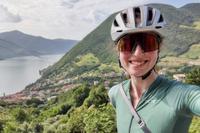
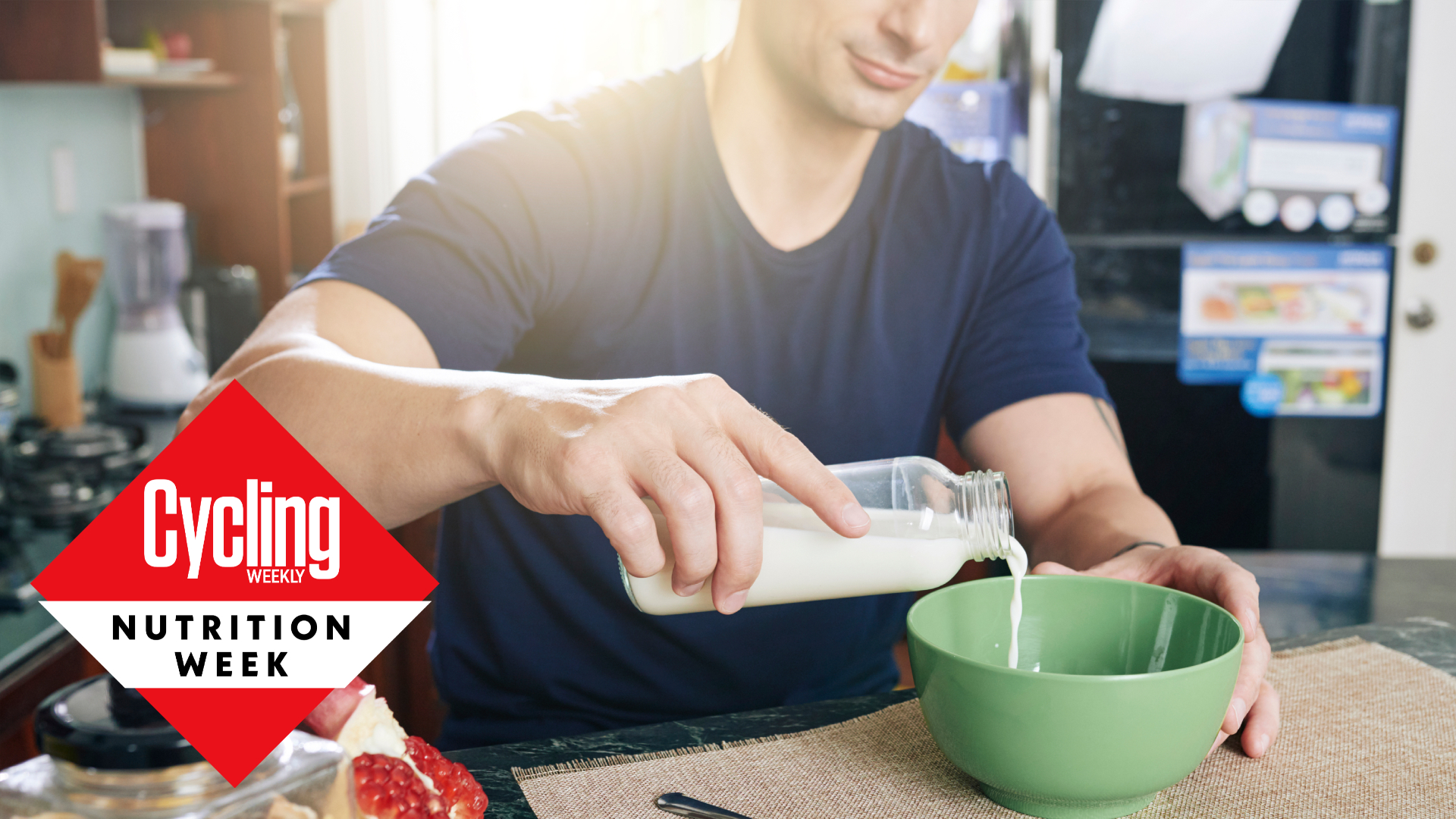
The latest race content, interviews, features, reviews and expert buying guides, direct to your inbox!
You are now subscribed
Your newsletter sign-up was successful
It’s well understood that to keep your body powered while cycling, or any endurance sport for that matter, you need to take on sufficient fuel. Naturally, quantity is a large part of the equation - it’s possible to burn through thousands of calories while riding - but quality is also a hugely important factor.
It is well publicised that everyone should eat a well balanced diet, which consists of a variety of food groups and ideal portion sizes. But there are meals which do follow this good general dietary advice, but which will dampen your performance for the specific demands of cycling - whether that’s a sportive, gravel event or race you’ve entered, or your first 100-mile bike ride.
We spoke to sports nutritionist José L. Areta of Liverpool John Moores University (@jlAreta) to find out how you should shift your focus before a big bike ride.
“You need to focus on foods that are carbohydrate dense,” Areta advises. “If you’re heading out for a five-hour long bike ride, for example, you’ll want to consume around 2-4 grams of carbs per kilo of bodyweight. Someone that is, say 70kg, should therefore be aiming for a total amount of carbs that’s somewhere between 140 and 280 grams.”
“The reason why you want to be eating those carbohydrates before your ride is mainly because you want to replenish the glycogen in the liver, Areta adds. “You are also going to be able to synthesize muscle glycogen, which is a very important source for fueling.”
The need for energy, and consequently carbohydrates, is much more important for extended exercise at high intensities - so this is a priority for any cyclist.
It’s important to fully understand the extent of the body’s requirements. Areta told us that if you ask someone to have a carbohydrate-rich breakfast, they would typically choose to eat around 1-2 grams of carbs per kilo of bodyweight - around half of what the body requires ahead of multiple hours out on the bike. You are probably going to need to eat a little more than you’d expect.
The latest race content, interviews, features, reviews and expert buying guides, direct to your inbox!
It’s important to be aware that not all carbohydrates are created equal, though. They can vary greatly by where they place on the Glycemic Index (GI). High GI foods are digested immediately and give the body an instant lift in blood glucose levels. However, this doesn’t last long and after a spike comes a crash - not ideal for a cyclist who is heading out for a long bike ride.
Low GI foods are digested more slowly, which makes the body feel full for longer and the energy release is similarly prolonged. This slow digestion rate also means you will be well fuelled for a longer proportion of your ride, even if you consume exactly the same number of calories from a high GI food source.
But there are other considerations beyond just where your carbs rank on the glycemic index. Here are our top six foods not to eat before heading out on an endurance ride.
1. Corn flakes
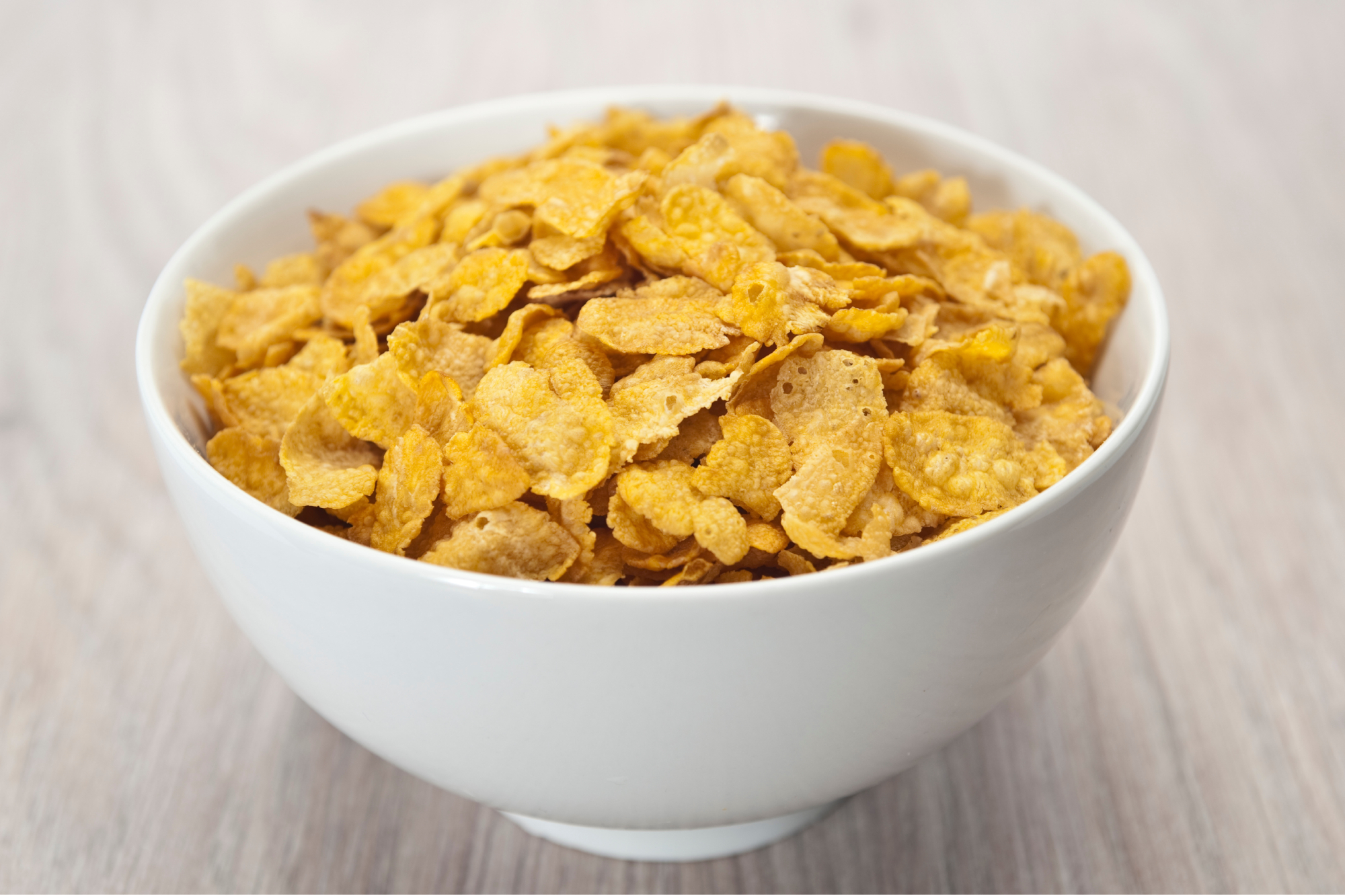
One of the most common breakfast staples, you might assume that corn flakes would make an excellent pre-ride meal. After all, corn itself is a carbohydrate, which is the primary fuel source for hard endurance efforts. How could a big bowl of that be anything else than ideal before a bike ride?
Well, this is a key example of an unfortunately high GI food. Although corn flakes are packed full of carbohydrates, the way that their energy is released is too quick, leading to a much greater spike than your body requires, and followed by a plummeting low.
There is a reason why porridge is so strongly associated with cycling - oats have a particularly low glycemic index. An equal number of calories and carbs consumed in the form of porridge will leave your body fuelled for much longer as the energy is steadily released over time.
2. Full English breakfast
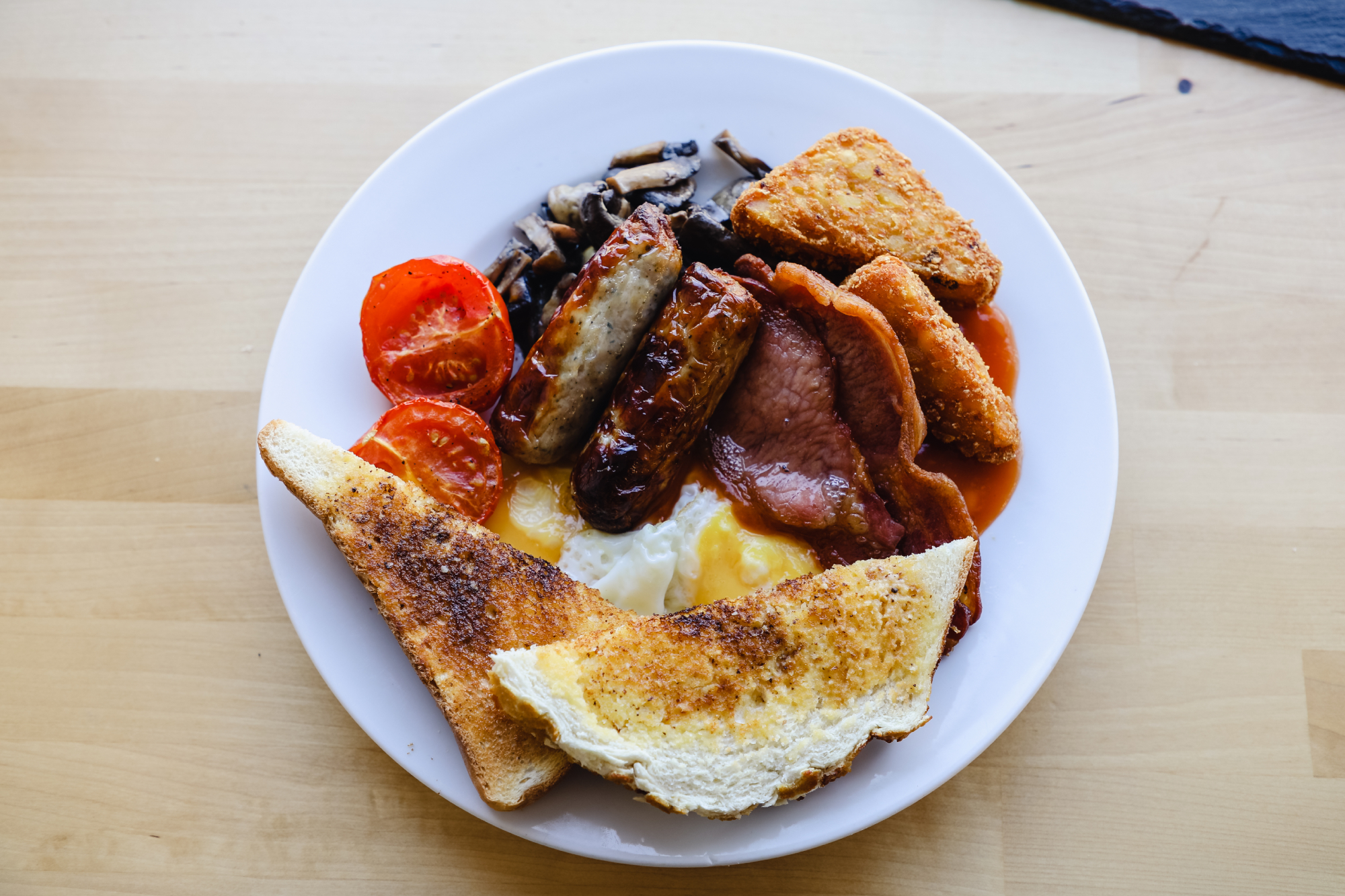
When we think of a hearty breakfast option, a full English breakfast (packed with sausages, eggs, baked beans, etc.) is definitely the one that instantly comes to mind. However, Areta warns that “if you want to perform your best on the bike, a full English breakfast is not the best choice”.
Why’s this? “A full English breakfast will be rich in protein and fats, and that’s not the type of fuel that you need for your long bike ride,” he explains, “you’re likely to fatigue early.
“Even though you are going to use fat during endurance rides, you’ll already have a lot of energy stored in your body in the form of fat. Whereas the amount of carbohydrates that you can store in your body are very limited. If you start your ride with your fuel tank for carbohydrates low, then that’s not good. Whereas your fuel tank for fats is never really going to drop that much.
“There is this idea that ‘if I eat more fat, then I will burn more fat and I will spare the use of carbohydrates’, but it doesn’t work like that, because if you’re riding hard, you have no alternative but to use those carbohydrates.”
3. Pasta
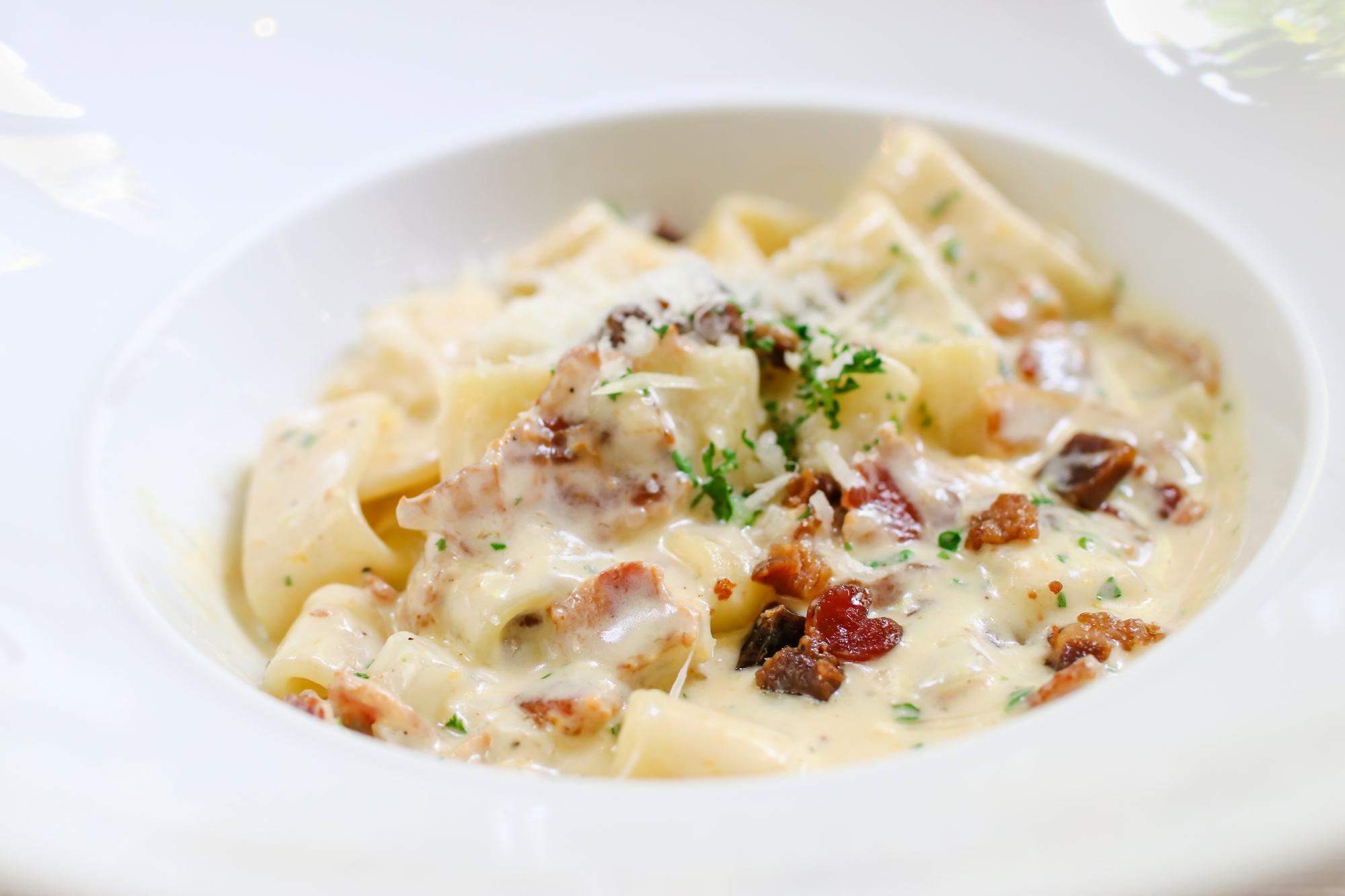
Leftover pasta from the night before may seem like a good idea to have before a bike ride, as both white and brown pasta do rank low on the Glycemic Index. However, like most meals, it is what accompanies the pasta which may reduce how good a choice it is.
A pasta carbonara sauce is high in fat, which means it can be tougher for your body to digest, making your ride quite uncomfortable as a result.
“If you add a lot of fat or protein to your pasta dish, you’re going to affect both how full you’re feeling and how fast what you have eaten is being digested,” Areta warns, “you’ll feel full, but of the fuel that you don’t really need much of.”
A better alternative is to choose an alternative sauce for your pasta, such as pesto or olive oil - and in moderation.
4. Salad
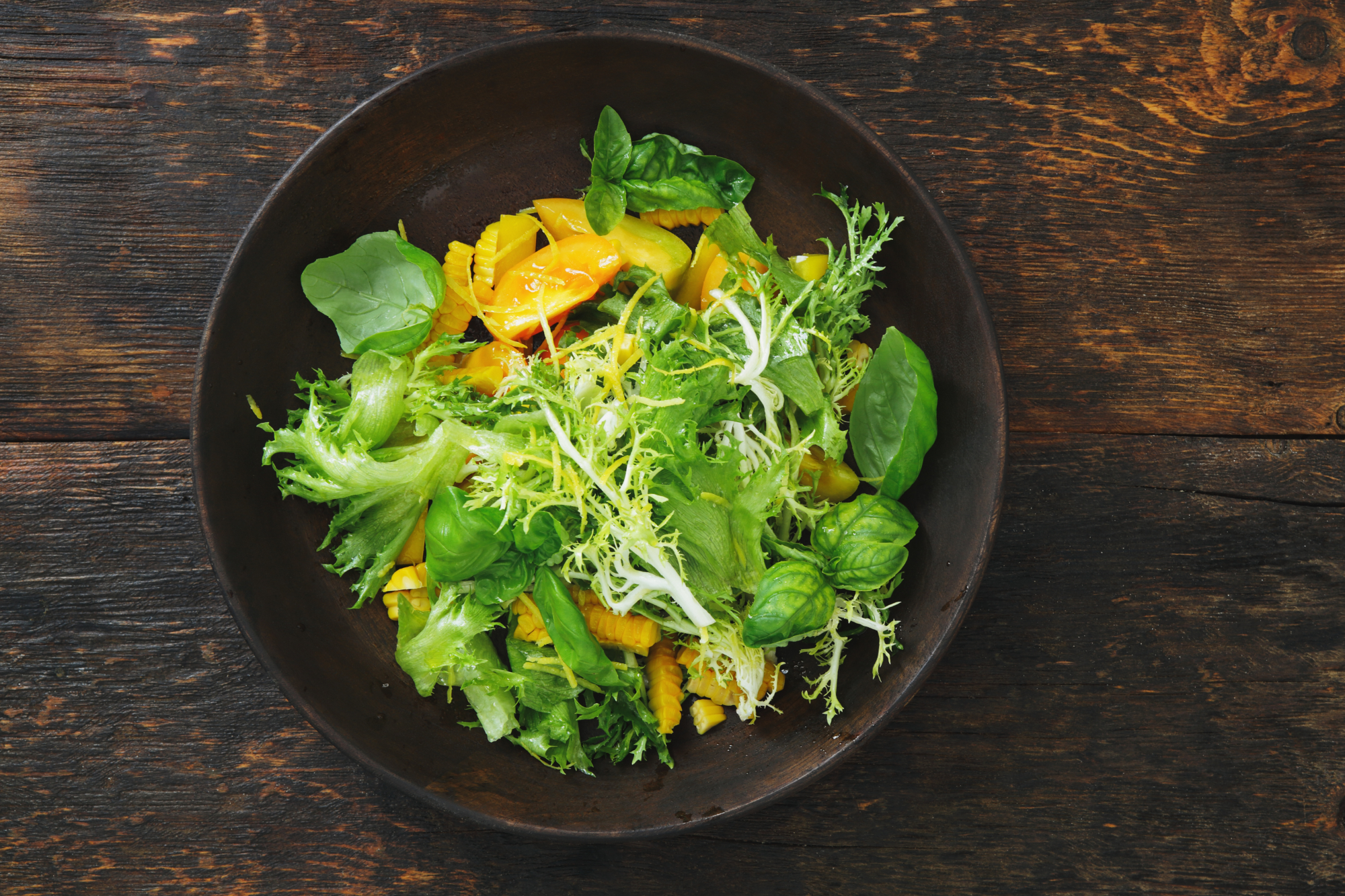
You might be thinking what can possibly be wrong with a salad? Lots of leafy greens and, with the addition of some chicken or fish, a healthy dose of high quality proteins. But whilst this constitutes an excellent part of a well-balanced diet, ahead of a big ride it’s simply not the right fuel for the job at hand.
As mentioned, carbohydrates are king for intense, long duration efforts - and the quantity you need might surprise you. Although the vitamins and trace elements of salads are excellent additions to your diet in general, taking these on ahead of a big ride is likely to leave your stomach feeling quite full and unable to take on the necessary carbs.
It’s much better to concentrate on your energy systems ahead of a big ride and make sure you’re getting the range and variety you need from your diet more generally in your general day-to-day diet and post-ride.
5. Fruit
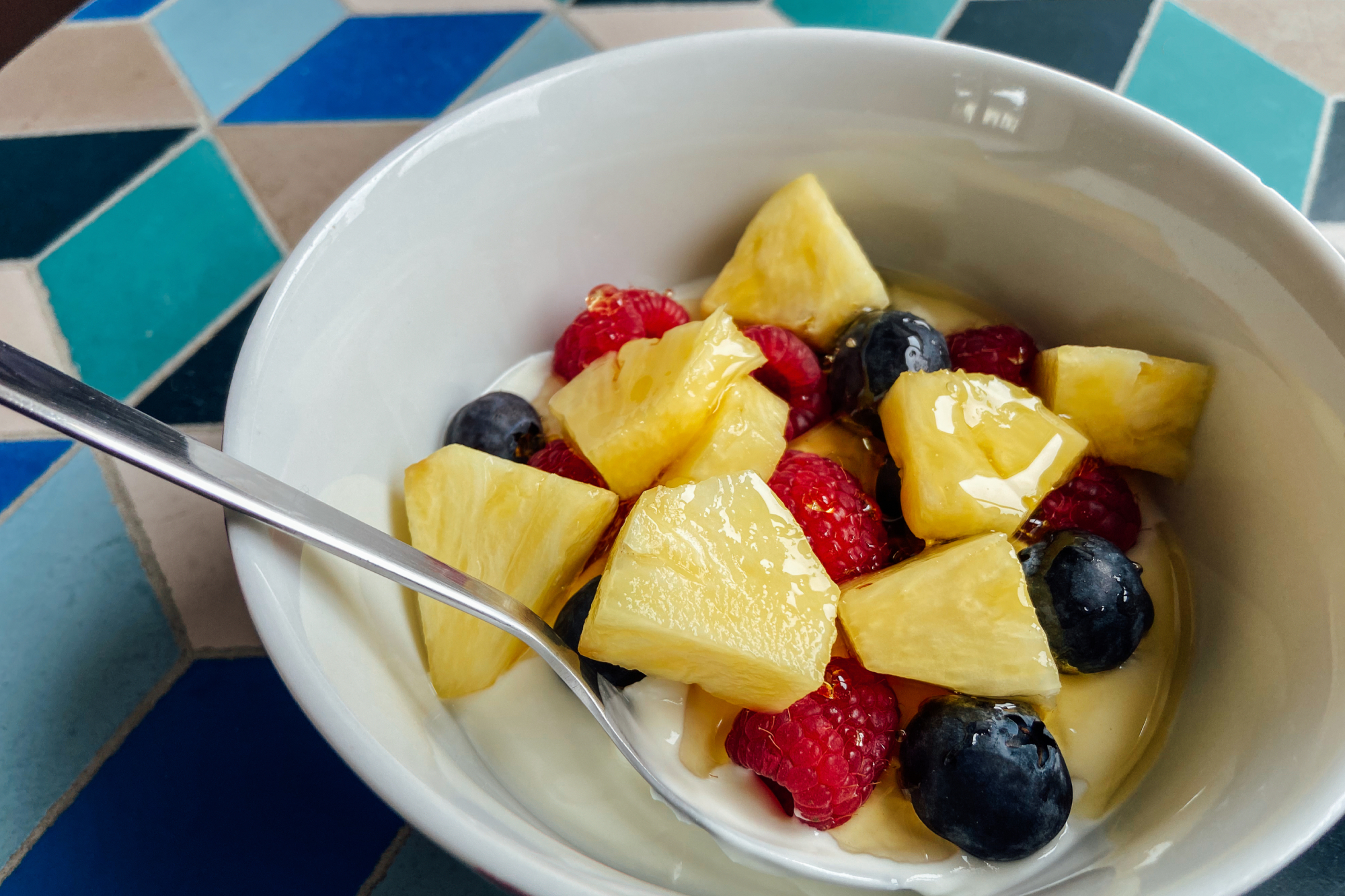
It’s the same case for fruit. “If you try to eat the high amounts of carbohydrates that you need from fruit only, then that’s going to be a lot of fruit and you’re going to feel so full,” Areta points out.
“I’m not saying don’t eat fruit, but you’ve got to moderate your intake of those types of foods before a bike ride, as you need foods that are carbohydrate dense so that you can reach the recommended total carb intake.”
6. Fizzy drinks
The high levels of sugar that are in fizzy drinks are commonly known and largely condemned by nutritionists trying to nudge the population into healthier habits. However the regular sight of a professional rider sipping on a can of fizz after a race may make you think that these are the ideal tonic for a cyclist.
That’s not quite true. Despite giving an immediate sugar boost, the effects wear off quickly and can give unpleasant side effects that can disturb your rhythm on the bike.
Of course, some pros do still consume these drinks regardless, but part of that is the psychological boost a fresh and familiar taste can provide - if you don’t need that yourself, there’s nothing really to be gained. Also note the size of the cans the pros opt for, these are much, much smaller than what you would normally buy from a shop - moderation does matter.
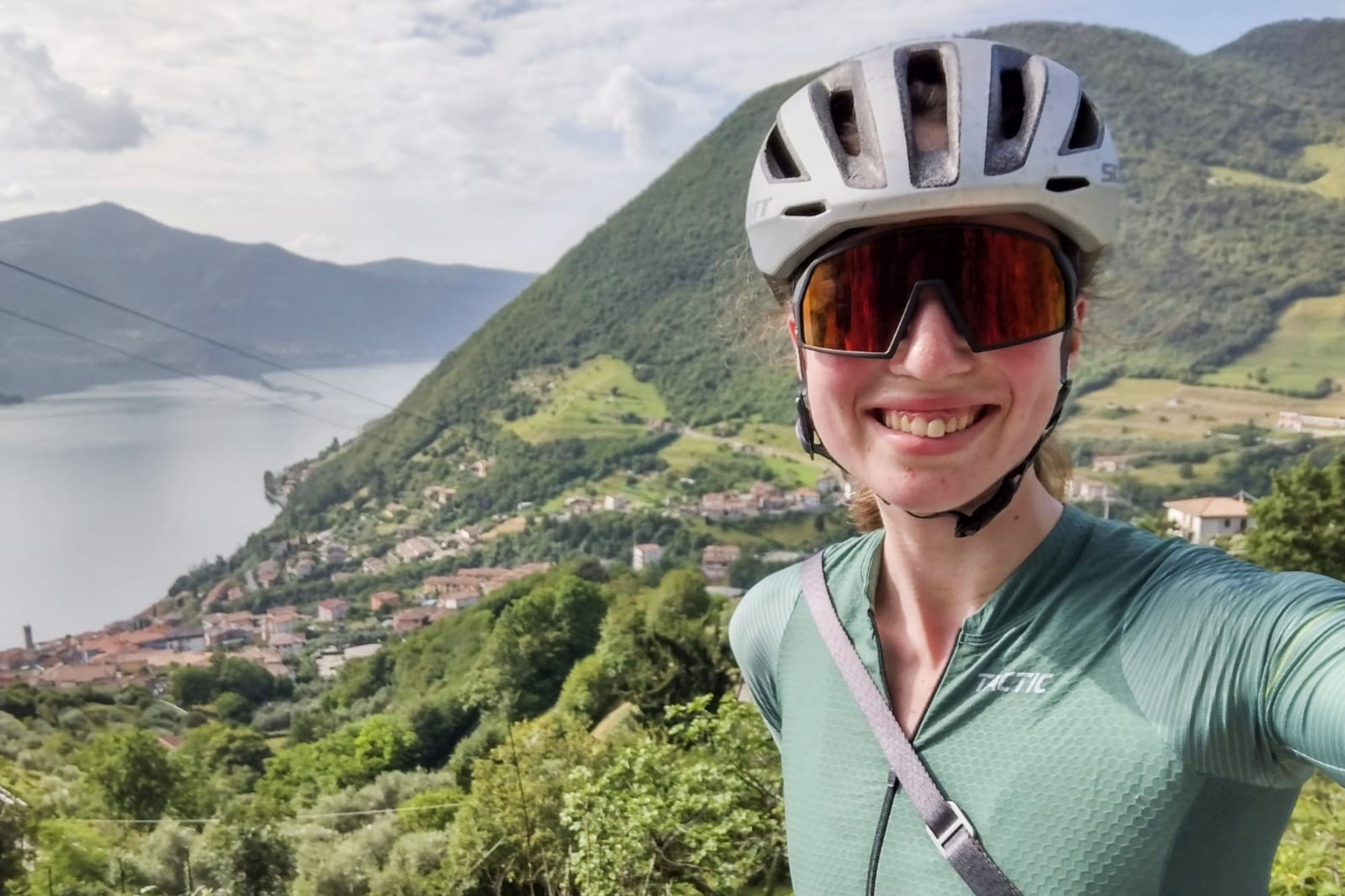
I’ve been hooked on bikes ever since the age of 12 and my first lap of the Hillingdon Cycle Circuit in the bright yellow kit of the Hillingdon Slipstreamers. For a time, my cycling life centred around racing road and track.
But that’s since broadened to include multiday two-wheeled, one-sleeping-bag adventures over whatever terrain I happen to meet - with a two-week bikepacking trip from Budapest into the mountains of Slovakia being just the latest.
I still enjoy lining up on a start line, though, racing the British Gravel Championships and finding myself on the podium at the enduro-style gravel event, Gritfest in 2022.
Height: 177cm
Weight: 60–63kg